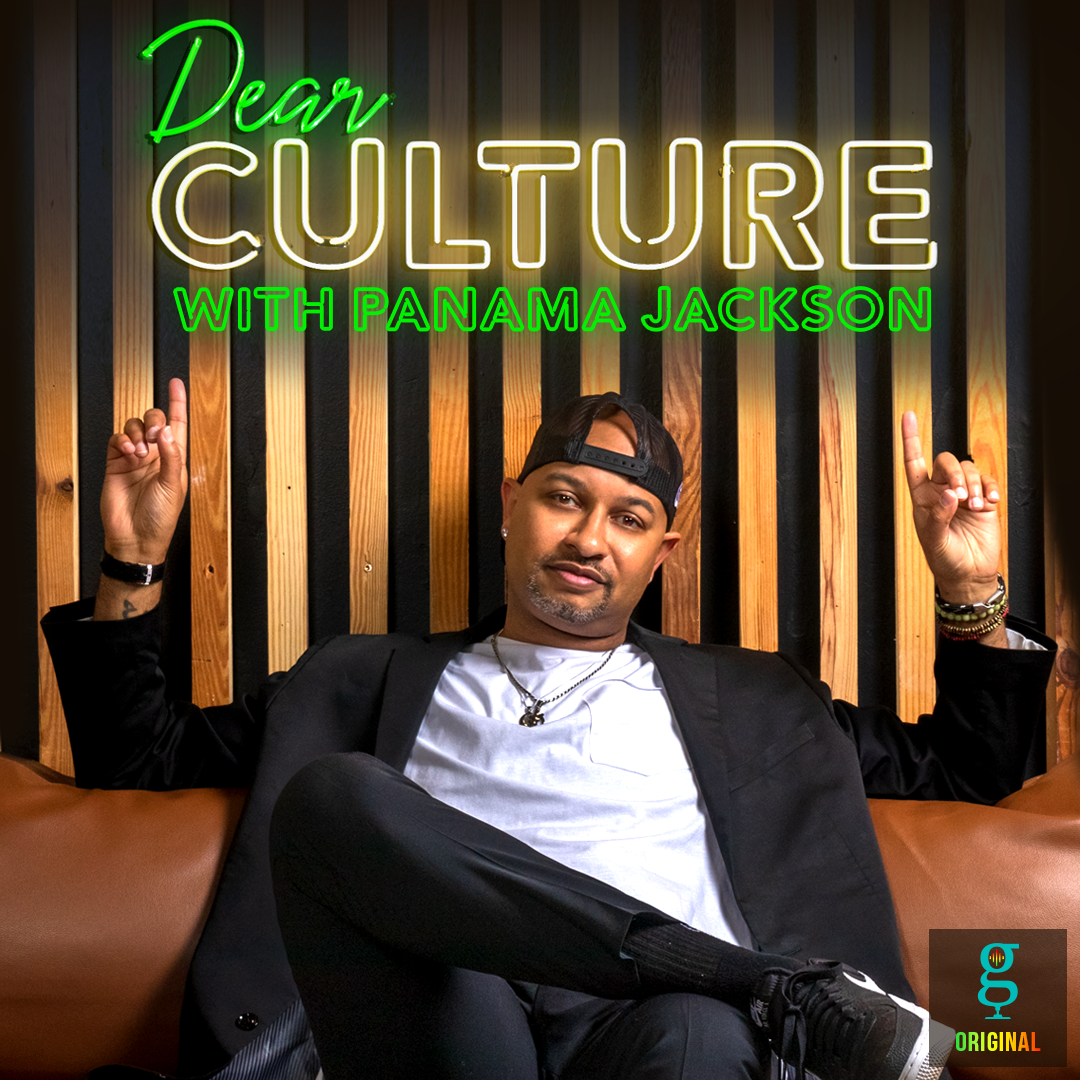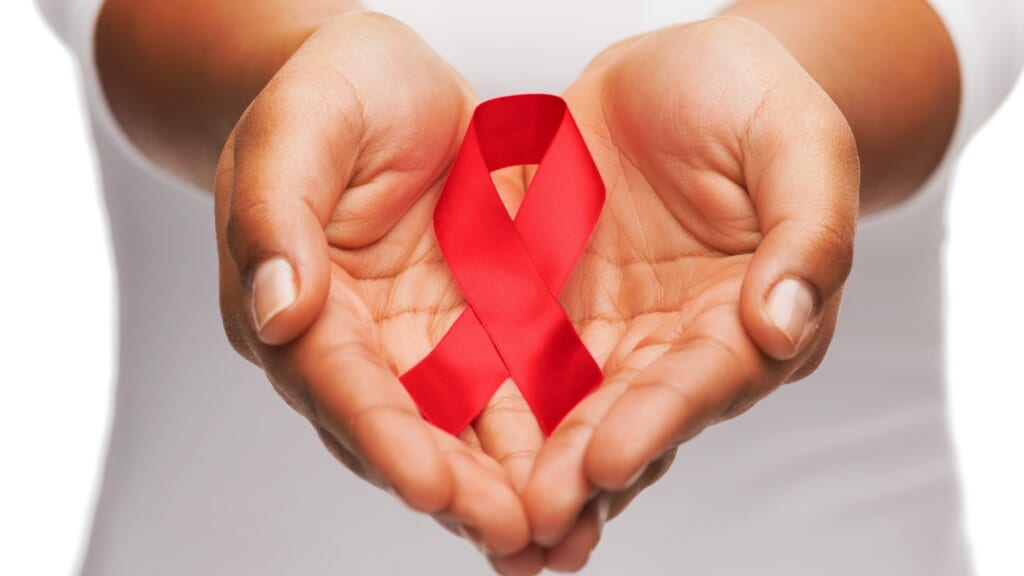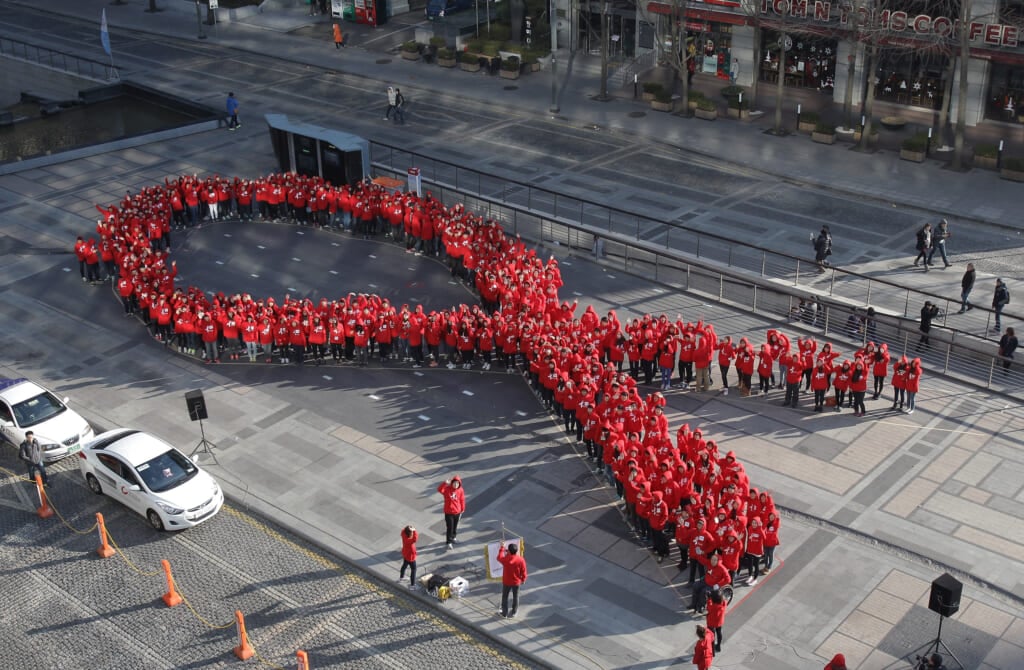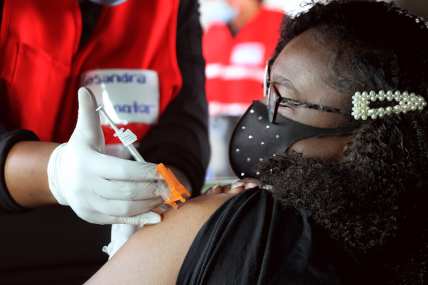
Read Full Transcript Here
In 2018, Black folks made up 42% of all new H.I.V. diagnoses in the United States, according to the CDC, but how much do we really know about the virus and its impact on our community?
This week on the Dear Culture podcast, hosts Shana Pinnock and Gerren Keith Gaynor go beyond the statistics and talk with folks who are surviving and thriving with the virus.
The hosts were joined this week by President and CEO of the Black AIDS Institute Raniyah Copeland, and activist, writer and author of the bestselling book All Boys Aren’t Blue, George M. Johnson.

Copeland says, for her, sexual health and education is directly linked to Black liberation.
“There’s so much stigma that’s associated with sexuality and so much white supremacy steeped in our thoughts as a Black community around who should be having sex with who, what sexuality is and, for me, particularly as a young Black woman, I saw how oppressive that is,” said Copeland.
Under Copeland’s leadership, the Black Aids Institute released a report in 2020 titled, We the People: A Black Strategy to End HIV, which cites anti-Black racism as one of the key factors of how HIV disproportionately affects Black Americans. The report also outlines a four-pillar strategy to combat the virus, including ensuring universal access to health care.

The U.S. Department of Health and Human Services also named stigma as a major barrier to access, education and treatment for Black Americans living with HIV, which is part of the reason why Johnson says they decided to publicly share their HIV-positive status and talk candidly about their experience with the virus.
“Disclosure is still a very huge issue that we still deal with to this day,” said Johnson. “I knew that if I disclosed my status, it would be a way for other people—who were also living in silence, suffering in silence—to see what it looks like for a person, who is a public figure, to not just advocate on their behalf, but to allow them the same space to live in their truth and not carry the weight of the stigma.”
To hear the entire conversation, including thoughts on the fallout surrounding DaBaby’s comments at Rolling Loud, tune in to the Dear Culture podcast. Now streaming on Apple Podcast, Stitcher and Spotify.
TheGrio is now on Apple TV, Amazon Fire, and Roku. Download theGrio today!


